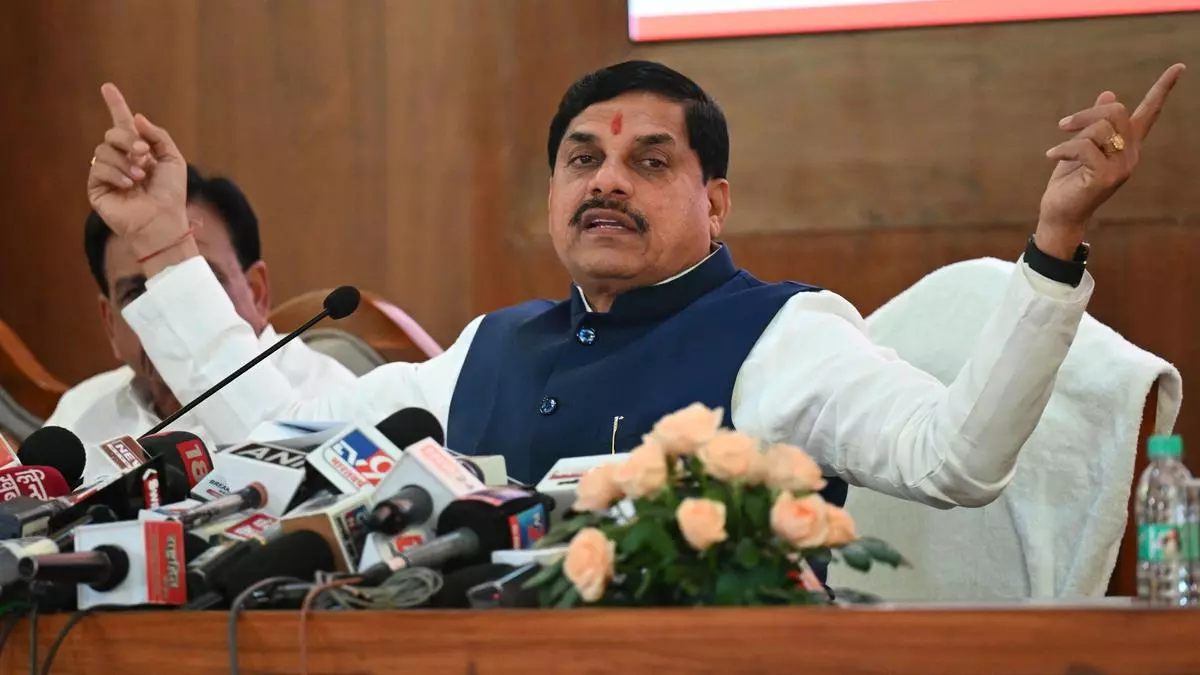India’s External Affairs Minister, S Jaishankar, has declared India’s backing for a port deal with Iran, knowing that it may face repercussions from the United States. The Chabahar Port in Iran is seen as strategically critical and provides India with direct access to landlocked Afghanistan while bypassing Pakistan. The US has cautioned countries against dealing with Iran due to ongoing sanctions but India has maintained that its relationship with Iran is not influenced by external factors. India’s support for the port project is aimed at expanding its geopolitical presence and countering the influence of its regional rival China.
The Chabahar Port is located in southeastern Iran and is considered a vital trade route for India. It serves as a convenient gateway to Afghanistan and Central Asia, allowing India to bypass Pakistan and establish direct access to these landlocked regions. The port project holds significant strategic importance for India as it provides an alternative route for trade and reduces its dependence on Pakistan’s goodwill for transit access.
The support for the port deal with Iran is a clear indication of India’s commitment to advancing its own interests and not succumbing to external pressures. The decision to back the port project despite the US caution highlights India’s assertion of its independent foreign policy. India has been careful in treading the fine line between maintaining cordial relations with the US and pursuing its own strategic objectives in the region.
India’s relationship with Iran has been historically strong, with Iran being an important source of energy for India. However, the US sanctions on Iran have posed challenges for India’s energy security. Despite these challenges, India has sought to maintain its ties with Iran and has been exploring various avenues to continue its trade and cooperation with the country.
The Chabahar Port project is part of India’s broader strategy to enhance connectivity and trade in the region. It is also seen as a key component of India’s efforts to counter the growing influence of China in the Indian Ocean region. China has invested heavily in the development of the Gwadar Port in Pakistan, which is seen as a potential military facility for China.
With its support for the port deal, India aims to establish itself as a major player in the region and maintain its influence in Afghanistan and Central Asia. The port project would provide India with greater access to the region’s resources and markets. It would also strengthen India’s strategic ties with Iran and potentially open up new avenues for economic cooperation.
India’s position on the port deal with Iran may strain its relations with the US, which has been urging countries to reduce their economic ties with Iran. However, India has consistently maintained that its relationship with Iran is based on its own national interests and is not influenced by external pressures. India’s support for the port project signifies its determination to pursue an independent foreign policy and protect its strategic interests in the region.










